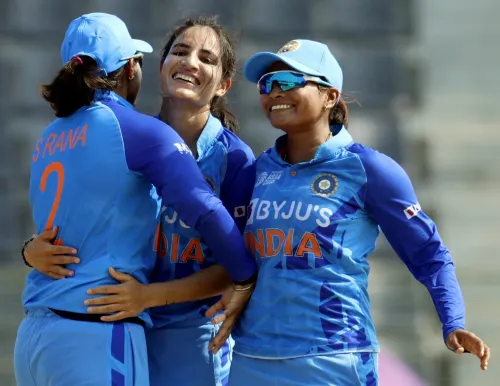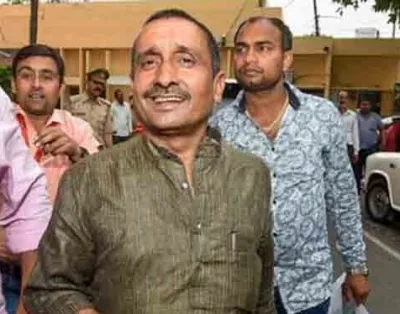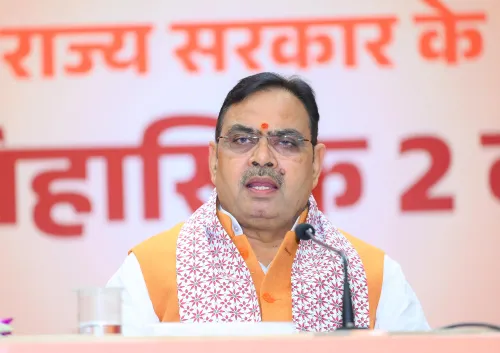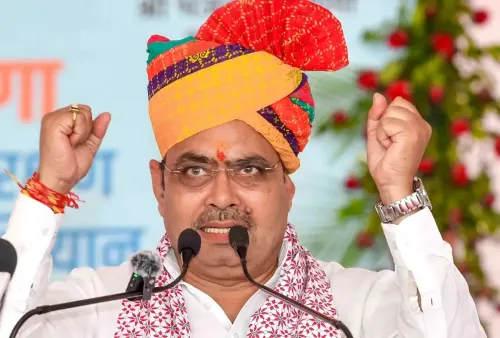Why Did S. Korean PM Welcome Medical Students' Return?
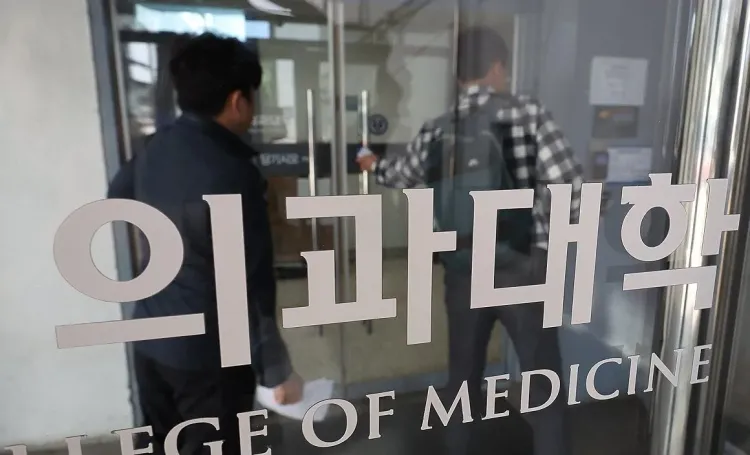
Synopsis
Key Takeaways
- Medical students have ended a 17-month boycott.
- Prime Minister Kim Min-seok supports their return.
- Government plans to restore original enrollment quotas.
- Students urge for improved academic schedules.
- Ongoing dialogue between students and the government is essential.
Seoul, July 13 (NationPress) Prime Minister Kim Min-seok expressed his approval on Sunday regarding the medical students' choice to return to school after a prolonged 17-month boycott of classes. This protest was against the previous government's medical reform initiatives, which he described as a "significant advancement".
The medical student association confirmed their decision to resume classes after halting their education since February of last year, opposing the earlier Yoon Suk Yeol administration's proposal to increase medical school enrollment by 2,000 starting this year, according to reports from Yonhap.
Kim noted on his Facebook account, "Their choice signifies a major step forward and brings relief," adding that he is committed to working towards a resolution on the matter.
President (Lee Jae Myung) has also been contemplating solutions and has directed Kim and the government to explore ways to tackle the issue. "What the people desire will be paramount," he stated.
The education ministry previously disclosed that 8,305 students across 40 medical schools in the country would face grade retention, necessitating them to repeat the same academic year alongside younger students.
Subsequently, the government decided to revert the 2026 quota back to its original figure of roughly 3,000, yet many medical trainees and students have not completely resumed their duties in hospitals and classrooms.
The Korean Medical Student Association made this announcement during a press conference held with the National Assembly's education and welfare committees and the Korean Medical Association.
In a joint statement, they asserted, "We will return to school, placing our trust in the National Assembly and the government, and dedicate ourselves to normalizing medical education and the healthcare system," although they did not specify an exact date for their return.
They also called on the government to implement measures to restore academic calendars and establish a consultative body aimed at enhancing the long-term medical training environment.


